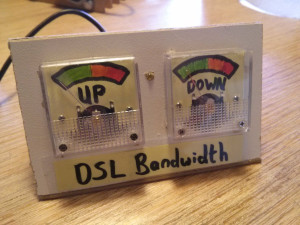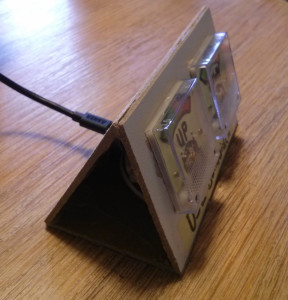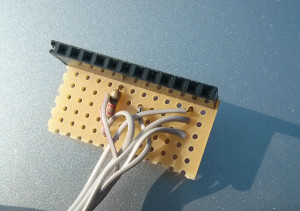Yes – the title is click-bait… But bear with me! 🙂
Kids fall over and bump themselves all the time, and as a parent your automatic reaction when you think your precious little meat-ball has hurt itself is often to jump up, squeak in concern and proclaim “Ouch! Are you ok?! Does it hurt very badly?!” (or something to that effect). In this short interaction you have already made three assumptions:
- Ouch! – the child got hurt
- Are you ok?! This implies that they probably are not.
- Does it hurt very badly?! They are hurt and you need to find out how much.
Sometimes you may be right, but 9 times out of 10 you are not and by saying this you will be teaching your child the expectation: “when I hit my head like this everyone else expects that it will hurt a lot, that I will not be ok, and that I will need a lot of consoling to get over it”. Kids are great at fulfilling our expectations, and if you repeat this behaviour they will learn to behave as you expect them to.
My tip to you – when a child (seems to) hurt itself, bite your tongue and observe. If the child does not immediately start crying before it looks for you stay calm. If the child looks at you expecting a response, try something jovial like “Oopsi-doopsi!” and smile. If it really hurt itself it will let it be known – don’t worry about that – and if it needs consoling then it is really important that you do that and without delay. But if it smiles back at you and continues on with play, it’s quite likely that it just got a bit of a surprise and didn’t really hurt itself, and you have just helped it learn the difference between a real ouch and a light bonk that is not worth getting upset and loosing play-time about.
Just to be clear – this recommendation is _not_ intended to be tough or insensitive to children. It is really really important that when a child is hurt and needs its parents that you are there for it.


